Beyond Borders: The Rise of Asian-Led Youth Dramas with “Love in Taipei”
When we think of iconic teen dramas, different countries bring different flavors to the table. The UK gave us the raw and edgy “Skins” and the charmingly awkward “Sex Education.” The US has the gritty “Euphoria” and the relatable “Never Have I Ever.” Norway offered the groundbreaking “Skam,” while Spain delivered the scandalous “Elite.”
But enough about everyone else’s coming-of-age stories! It’s time for our own to shine.
In recent years, we’ve seen a surge of youth dramas featuring Asian faces, most notably adapted from the works of Jenny Han, including “To All the Boys I’ve Loved Before,” “The Summer I Turned Pretty,” and “XO, Kitty.”

(Pictured: “To All the Boys I’ve Loved Before,” “The Summer I Turned Pretty,” “XO, Kitty”)
Fresh off the renewal of “XO, Kitty” for a second season, the producers are back with a new Asian-led romance film, “Love in Taipei.”
Adapted from the bestselling novel of the same name, the film follows Ever Wong, a young American woman of Chinese descent, who is sent by her parents to a “cultural immersion” summer program in Taipei. During this journey of exploring her heritage, she finds herself entangled in a love triangle with two captivating guys.
A dutiful Asian daughter finding herself in Taipei, ready to break free and embrace new experiences? Sounds like a recipe for an exciting summer!
Love in Taipei: A Summer of Self-Discovery
The Premise
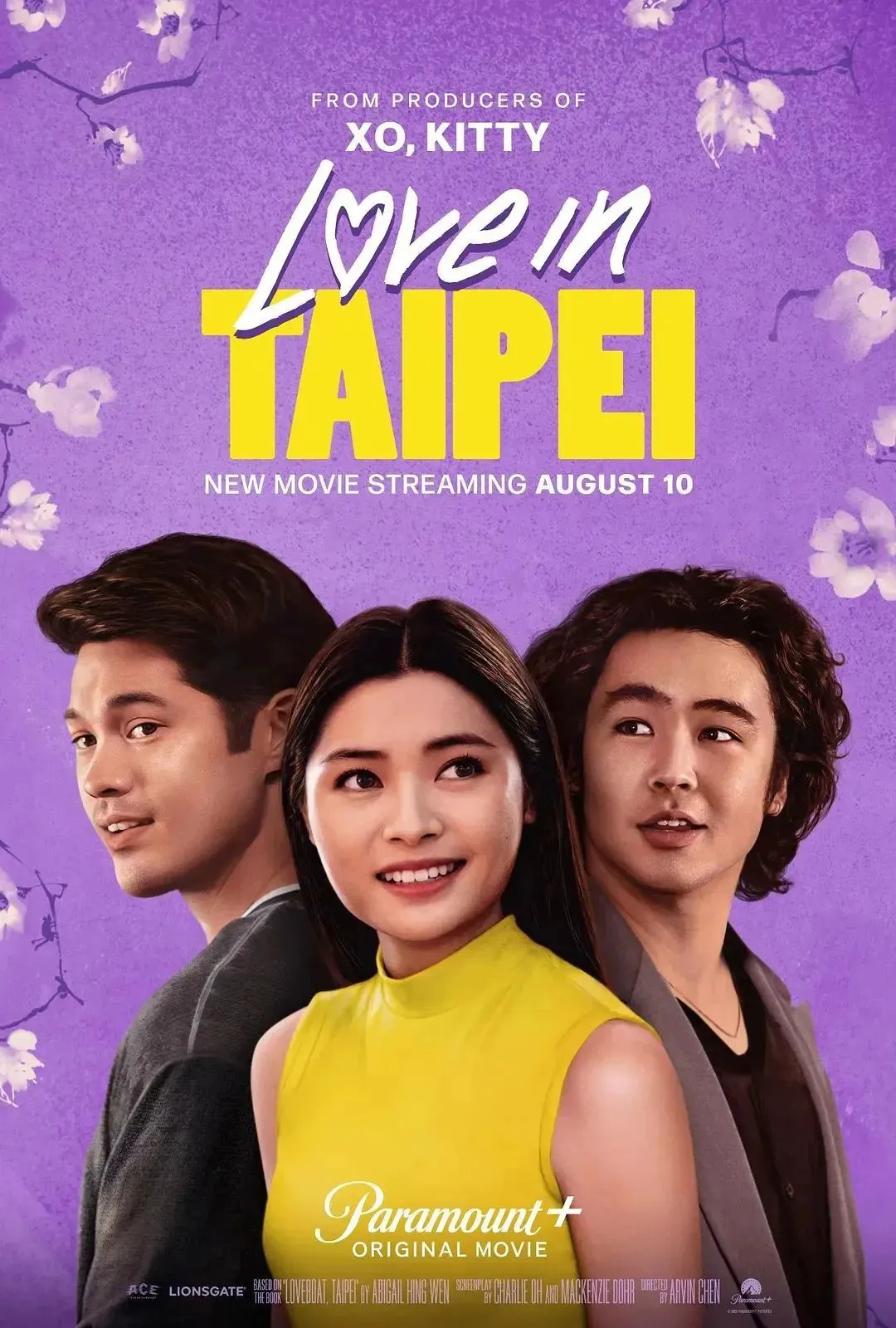
Ever Wong (Ashley Liao), a soon-to-be medical student, has always been the model child. But beneath the surface, she harbors a secret passion: dancing.
With her father’s unfulfilled dreams of becoming a doctor weighing heavily on her, Ever feels pressured to follow the traditional Asian path. Dancing remains a hidden desire, a seed planted deep within her heart.
This summer, her parents surprise her with a trip to Taipei for a “cultural immersion” summer program.

The program is intended to help American-born Asian children connect with their Chinese heritage and find their cultural identity.
But behind closed doors, this summer camp is known as “Loveboat.”
After all, what could possibly go wrong when a group of teenagers with similar cultural backgrounds spend two months together in a foreign land?
On the bus to the hotel, Ever hopes to enjoy the ride quietly. But Sophie (Chelsea Zhang), sitting in the front, suddenly turns around and introduces herself.

As Sophie spills the secrets of “Loveboat,” Ever’s eyes land on the one and only Rick Woo (Ross Butler).
Rick Woo is a piano prodigy, a national spelling bee champion at the age of nine, and a frequent face in “World Journal.” He’s the epitome of excellence, often used by Ever’s mother as a comparison.
Ever’s feelings towards Rick Woo can only be described as love-hate. Little did she know that he would also be attending this program.
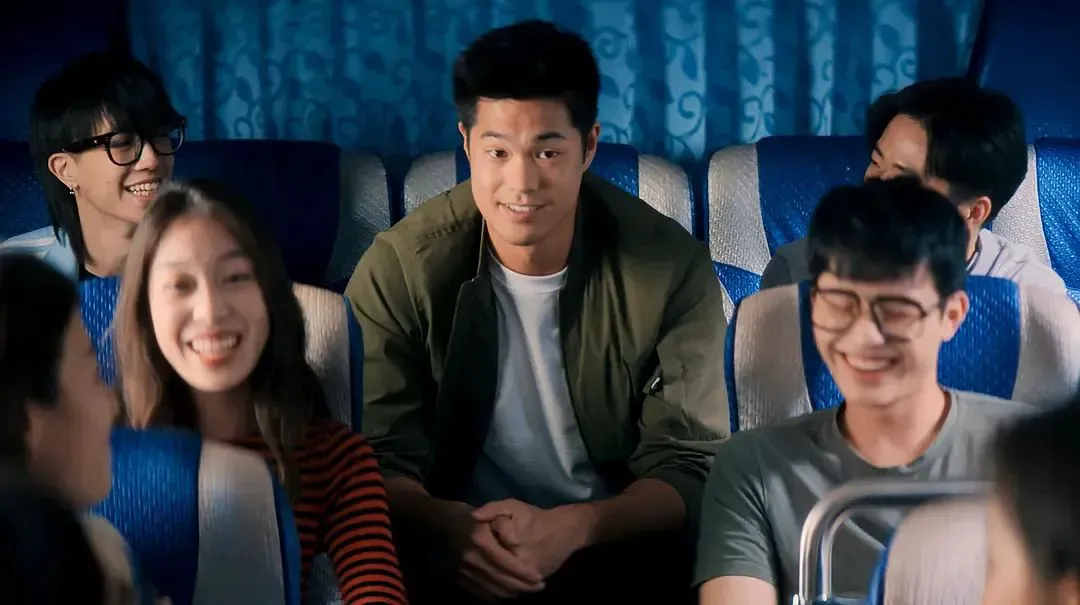
After arriving at the hotel, Ever and Sophie head to their room.
On the way, a half-naked boy runs past them, struggling to put on his clothes.
Unlike the typical short haircuts, Xavier’s (Nico Hiraga) wavy long hair dances in the wind as he runs, exuding an artistic aura that is strangely captivating.

It’s clear that Ever will have to choose between two completely different boys on this “Loveboat” journey. Who will she spark with?
Or perhaps, embracing her “adult” side, can she have both?
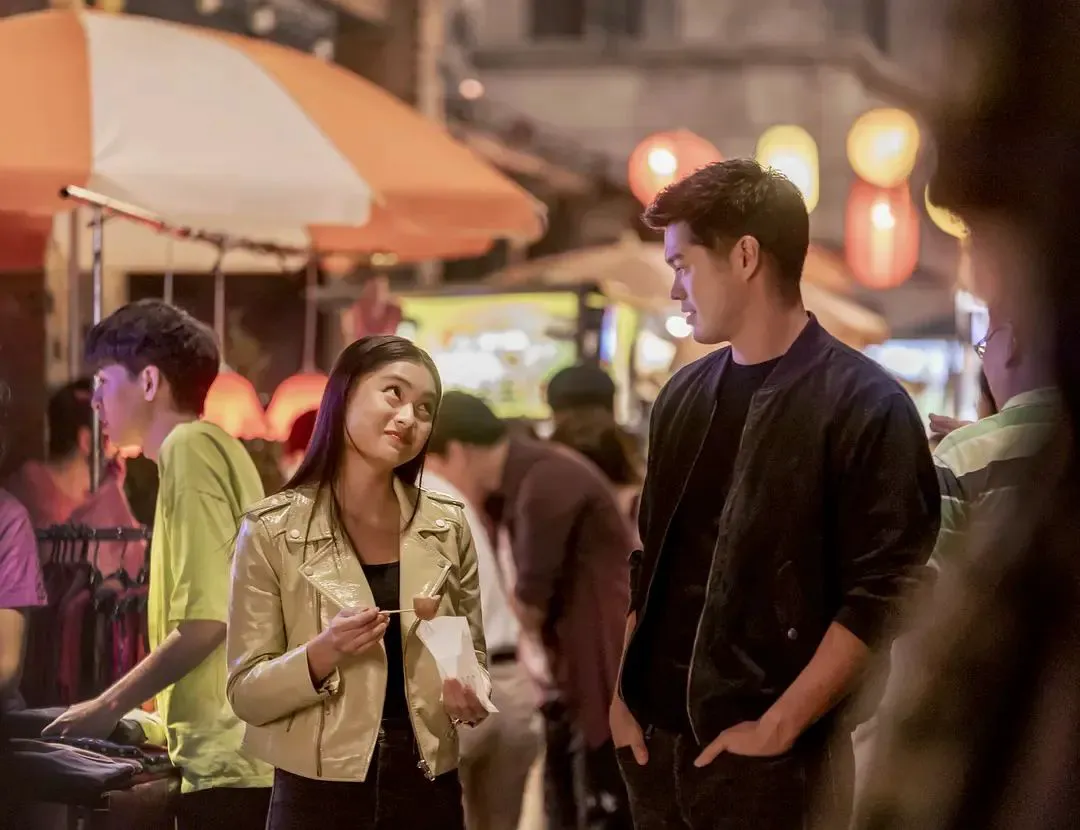
Strengths and Weaknesses
The film’s strengths lie in its narrative. While it touches on familiar themes of Asian roots and cultural identity, Ever’s journey takes an unexpected turn with the introduction of her aunt Shu.
Compared to her conventional, marriage-and-family-oriented mother, Shu, who embraces art and travels the world, becomes a role model for Ever.

Shu provides Ever with a space to practice and film her dance audition, reminding her that “culture is not in the hotel, but on the streets.”
When a typhoon destroys Shu’s studio due to Ever’s carelessness, she receives not scolding or criticism, but genuine concern from her aunt.
This tangible sense of family, the warm taro balls in the market, and the bustling streets of Taipei help Ever understand what true culture really means.
The final performance of the summer camp, under Ever’s leadership, is moved from the hotel to Shu’s studio.
The reluctant, forced, and performative Chinese dance segment transforms into a heartfelt display of Ever’s passion for dance and her love for the people of this land.
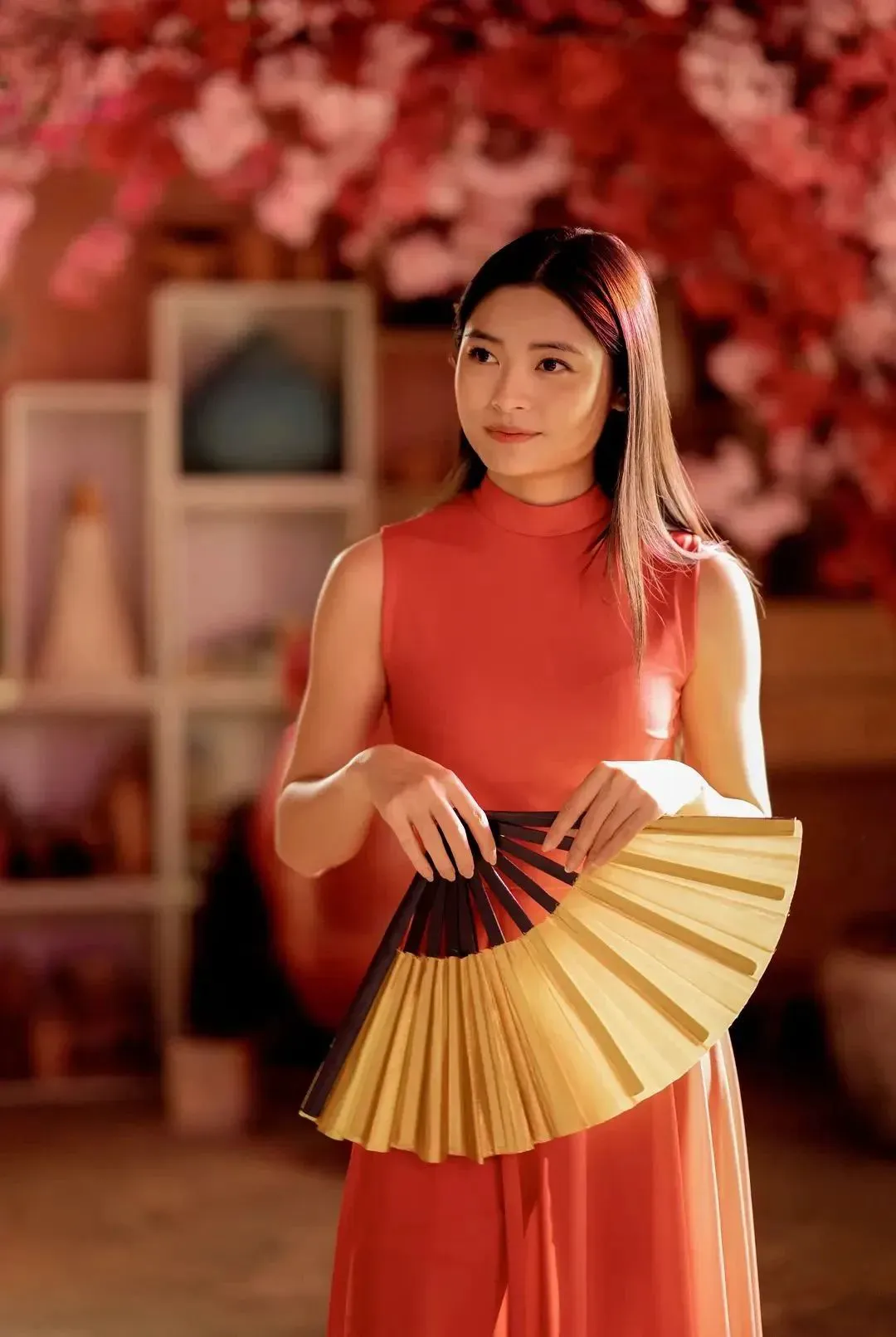
However, the film’s weaknesses are equally apparent. The portrayal and integration of culture remain superficial.
In the series “Never Have I Ever,” the four-season format allows for a deeper exploration of the Indian-American protagonist’s cultural background.
Despite being an American show, it effectively promotes Indian culture and resonates with teenagers who may initially resist their heritage.
But whether it’s Jenny Han’s popular works or “Love in Taipei,” Asian youth stories often present a shallow depiction of Chinese culture, relying heavily on symbolism.
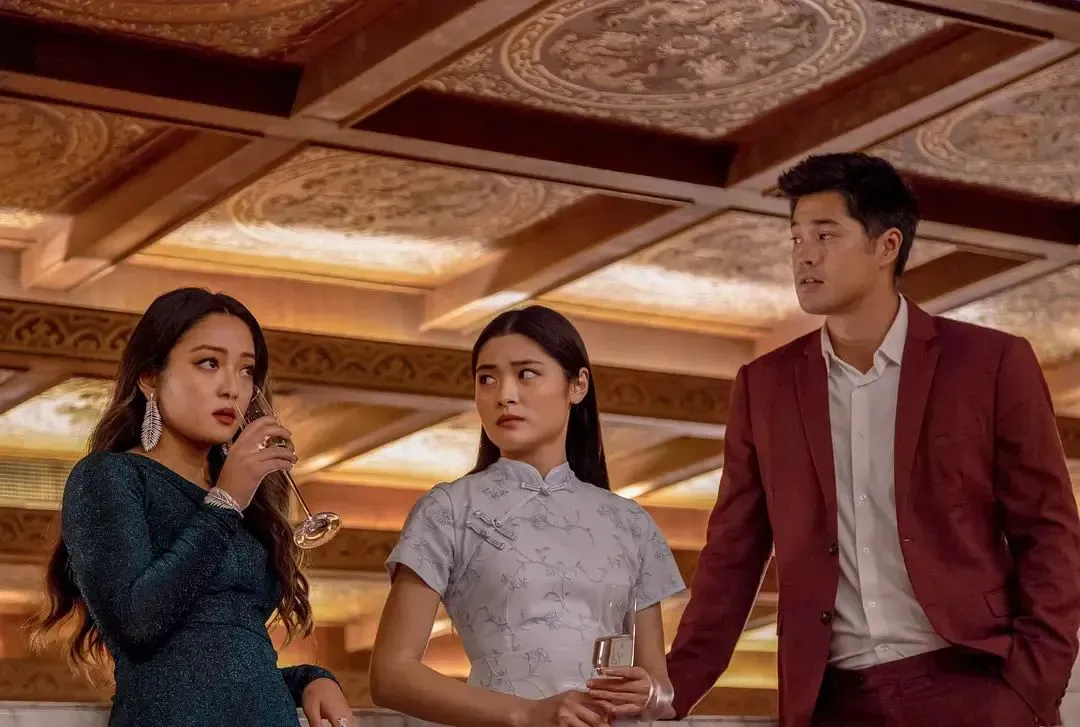
What’s needed is more Asian voices gaining visibility on the global stage.
If you’ve been hurt by “Joy Ride,” come cleanse your palate with this innocent romance!